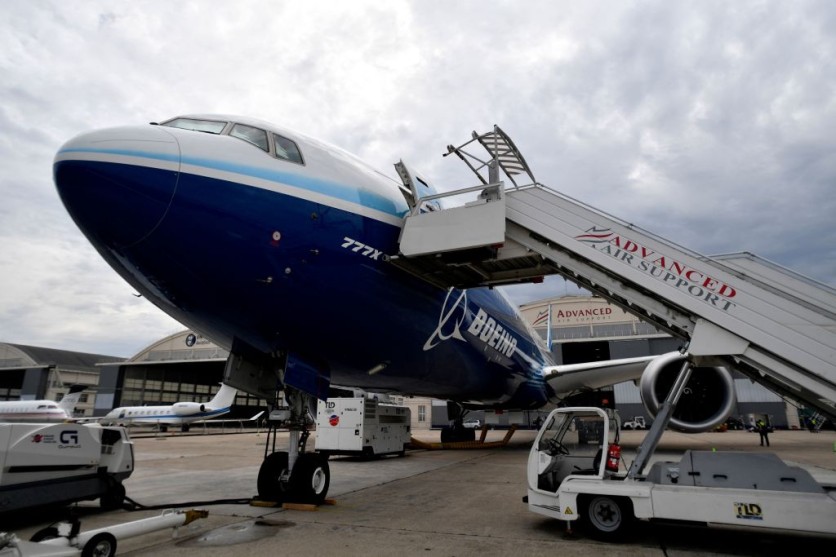The FAA has proposed a new solution to address a concern in Boeing 777 engines related to 'iron inclusion,' a substance that could affect compressor components' quality and durability.

Addressing Concerns
The US Federal Aviation Administration (FAA) has introduced a novel proposal aimed at addressing a potential issue within the engines propelling Boeing 777 aircraft.
This concern revolves around the presence of a substance known as 'iron inclusion,' which holds the potential to impact the quality and long-term durability of specific compressor components.
As detailed by Interesting Engineering, the FAA's proposal represents the most recent step in a series of regulatory actions initiated in response to the discovery of 'iron inclusion' within various GE Aerospace engine variants.
These engine models encompass the GEnx and CFM International Leap turbofans. Worth noting is that the GEnx engine is responsible for powering Boeing 787 aircraft, while the Leap engine is the force behind Boeing 737 Max and Airbus A320neo-family aircraft.
Replacing Affected Components
The proposal mandates airlines to replace affected components in specific GE Aerospace GE90 turbofans before the next scheduled flight, based on a report from Flight Global.
This regulatory initiative from the FAA arises following GE Aerospace's identification of additional components within GE90 engines that were manufactured using materials linked to 'iron inclusion.' These components encompass high-pressure turbine discs, rotor spools, and compressor seals.
The FAA explains that 'iron inclusion' results from manufacturing process imperfections and has the potential to trigger premature cracks and failures in these components. Such failures can lead to engine damage and the release of debris.
Notably, GE Aerospace, a collaboration between GE and Safran Aircraft Engines, views this proposal as aligned with its existing recommendations to operators and underscores its proactive approach to safety management.
Read also: NASA Teams Up With Boeing: MD-90 Aircraft Transported to Palmdale for Conversion Into New X-Plane
Previous Devices
In 2022, the FAA issued similar directives for other engines like GE90s, GEnx, and CFM International Leap turbofans, which might contain components with suspected 'iron inclusion.'
This proposal will undergo a 45-day public feedback period before becoming an official directive. Once finalized, it will mandate the immediate replacement of specific GE90 high-pressure turbine stage-one and stage-two discs, with other affected components granted a longer replacement timeline.
Failure to adhere to this directive could lead to uncontained engine failures, aircraft damage, and potential injuries. Airlines have already been alerted to this issue by GE Aerospace.
Furthermore, Reuters reported that various engine manufacturers have encountered manufacturing defects involving metal components in their turbofan engines.
For instance, in July, Pratt & Whitney reported potential issues with high-pressure turbine discs in about 1,200 of its PW1000G geared turbofan engines, used in various aircraft, including the A320neo family.
This concern was identified following a disc failure in an Airbus A321ceo plane with an IAE V2500 turbofan engine, co-developed with Pratt & Whitney, operated by a Vietnamese carrier.
Related Article : Boeing Starliner's Flight Pushed Back Again - Could Be Ready to Fly First NASA Crew by March

ⓒ 2026 TECHTIMES.com All rights reserved. Do not reproduce without permission.




